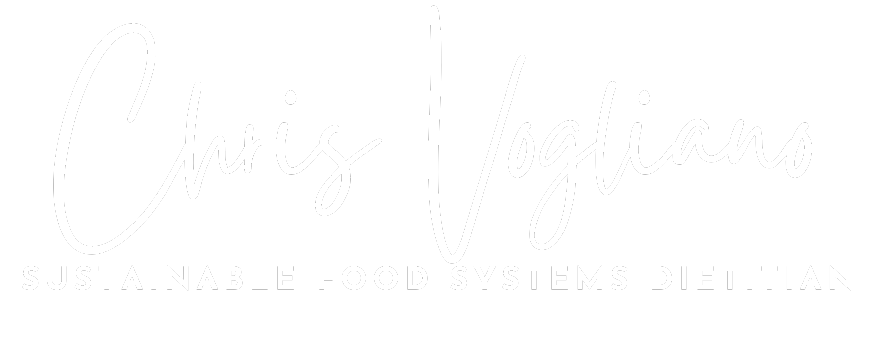The Benefits of Eating A Vegetarian Diet
I am excited and honored to be featuring a post by a good friend of mine, Ginger Hultin, MS, RD, CSO, LDN, as she speaks on the vast variety of benefits that come from eating a vegetarian diet. Check out her website and bio at the bottom of the page! Thanks Ginger!
Vegetarianism continues to gain popularity; from Meatless Monday to consumer questions about vegetarianism for pregnancy, children and adolescents, to improve health or the environment, and an ever-increasing rate of veggie-based foods on menus at restaurants, hospitals and facilities, this type of cuisine seems to be on everybody’s radar. Whether already committed or veggie-curious, there are a lot of reasons to increase your veggie intake and reduce the meat you eat. Even if you are not able to commit to full vegetarianism or veganism (a vegetarian who eats no animal products at all including dairy and honey), you can positively affect your own health, the condition of our environment, and save animal’s lives or unnecessary suffering while inspiring others as you experiment with new ways to prepare delicious meals by eating less meat.
Read on to learn some of the benefits to going veg:
Taste! Vegetarian meals are delicious, fast and easy. Meatless food is far from boring; experimenting with flavorful herbs, spices and sauces can be fun for chefs and families alike.
Save money. Meat accounts for an estimated 10 percent of American food-spending. Eating vegetables, grains and fruit in place of the roughly 250 pounds of beef, chicken and fish each non-vegetarian eats annually could cut individual food bills by an average $4,000 per year.
Vegetarian diets are statistically higher in fiber. Though 25-38 grams of fiber per day is recommended, the typical American consumes only 12-15 grams. Increasing whole grains, legumes and fresh produce can easily help achieve the goal. For example, a pound of beef contains zero grams of fiber, but just one cup of lentils has 16 grams.
A love of animals — in the U.S., ten billion animals are slaughtered for human consumption each year. Many of these are factory-farmed and fed a diet tainted with pesticides, hormones and antibiotics. Help protect animals by reducing or eliminating your consumption today!
Respect for the environment and sustainability. From water protection to soil and air quality, raising animals strains our natural world much more than growing plants. Beef in particular is known for being environmentally taxing due to the quantity and types of feed consumed, as well as their methane production.
Health! Studies show that vegetarian diets are statistically higher in vitamins A, B2, C and E, beta carotene, calcium and folate than non-vegetarian diets. There is also recent research that indicates vegetarians experience a significantly lower overall incidence of cancer and a lower BMI than non-vegetarians.
Additional resources to incorporate a vegetarian lifestyle:
Fruits and Veggies More Matters, Vegetarian Awareness Month (http://www.fruitsandveggiesmorematters.org/)
Physicians Committee for Responsible Medicine Vegetarian Starter Kit (http://www.pcrm.org/health/diets/vsk)
Meatless Monday Recipe Files (http://www.meatlessmonday.com/favorite-recipes/)
Mercy for Animals Vegetarian Kit (http://www.mercyforanimals.org/files/VSG.pdf)
Vegetarian Resource Group (http://www.vrg.org/)
Happy Cow and Veg Guide (http://www.happycow.net/)
Ginger Hultin, MS, RD, CSO, LDN, is a Chicago-based writer and dietitian at the Block Center for Integrative Cancer Care specializing in integrative health and whole food-based nutrition. She serves as Chair-Elect for the Vegetarian Nutrition Dietetic Practice Group and Immediate- Past President for the Chicago Academy of Nutrition and Dietetics. Read Ginger's blog, Champagne Nutrition and follow her on Facebook, Twitter, Instagram and Pinterest.
http://www.champagnenutrition.com/
https://www.facebook.com/champagnenutrition
https://twitter.com/GingerHultinRD
https://instagram.com/champagnenutrition/
https://www.pinterest.com/champagneRDN/


